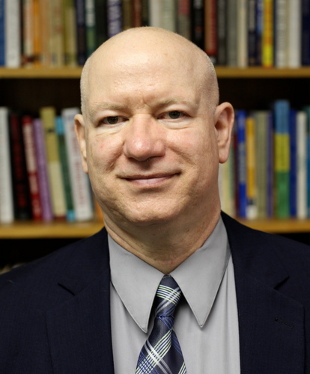Publisher's note: The author of this post is Barry Smith, who is an associate editor for the Carolina Journal, John Hood Publisher.
GOP governor, legislature still at odds after historic session ends
RALEIGH - Republican Gov. Pat McCrory took it on the chin twice this week as the General Assembly, controlled by his fellow Republicans, voted to override the only two vetoes stamped by the first-year governor.
Supporters of the overrides had votes to spare. One override - of a bill requiring drug tests for Work First public-assistance recipients - generally followed party lines, while the other - allowing a broader use of illegal immigrants to work as seasonal employees without requiring employers to use the federal E-verify worker database system - passed with a coalition of Democrats and Republicans.
"To a certain extent, this is historic," said Andy Taylor, associate professor of political science at N.C. State University. Before this week, the only time the General Assembly had overridden the veto of a governor who shared the same political party as the legislative majority occurred in 2008. At the time, the Democratic-controlled General Assembly overrode Democratic Gov. Mike Easley's veto of a bill increasing the size of recreational boats that could be towed behind vehicles on state highways. That override also occurred during a reconvened veto session, which at the time was another first.
North Carolina was the last state to give its governor veto power after voters approved a referendum in 1996 amending the state constitution.
During the 2011-12 session, the GOP-controlled General Assembly overrode a record 11 vetoes by then-Democratic Gov. Bev Perdue. Not only were the executive and legislative branches controlled by different parties, those vetoes also came during regular sessions of the General Assembly.
Taylor, however, cautioned against making too much out of the vetoes and subsequent votes to override them. "In the grand scheme of the session, if you look back, you'd say there's a significant amount of agreement," Taylor said.
David McLennan, chairman of the political science department at William Peace University, said too much may have been made of the vetoes. He said both vetoes and overrides can be common in other states, even when the governor and legislature are of the same party.
"This is very typical in terms of legislative and executive branch relationships," McLennan said. "They don't always see eye-to-eye. The governor has the entire state as his constituency. The representatives have their districts as their constituents."
Taylor said that even though the vetoes were overridden, McCrory was able to separate himself a bit from the General Assembly. "He might see this as a way of demonstrating leadership and independence," Taylor said. "You could make an argument that he's actually demonstrating strength."
After lawmakers concluded their overrides, McCrory fired back, telegraphing his intentions.
McCrory said in a statement that he would direct the executive branch of state government to explore all legal and executive authority to ensure that immigration law is followed in the state.
On the drug-testing bill, McCrory said, "Based upon the lawmakers' vote on drug testing, the executive branch will not take any action on the new law's implementation until sufficient funds with this unfunded mandate are provided, not only for the Department of Health and Human Services, but also the funding for consistent application across all 100 counties."
Senate President Pro-tem Phil Berger, R-Rockingham, found McCrory's response inappropriate and pointed to a stipulation in the N.C. Constitution that he faithfully execute the laws passed by the General Assembly.
"All governors, without regard to party, swear an oath to uphold the Constitution," Berger said in a statement. "We expect Gov. McCrory to perform his constitutional duty to enforce the law."
While a handful of lawmakers crossed party lines on
House Bill 392, the bill requiring drug testing for Work First recipients, most voted along party lines to override it. The House voted 77-39 to override. The Senate overrode it 34-10.
The House voted 84-32 to override McCrory's veto
House Bill 786, the E-verify bill. The Senate overrode the veto, 39-5. All votes to sustain the veto of H.B. 786 came from Republicans.
























